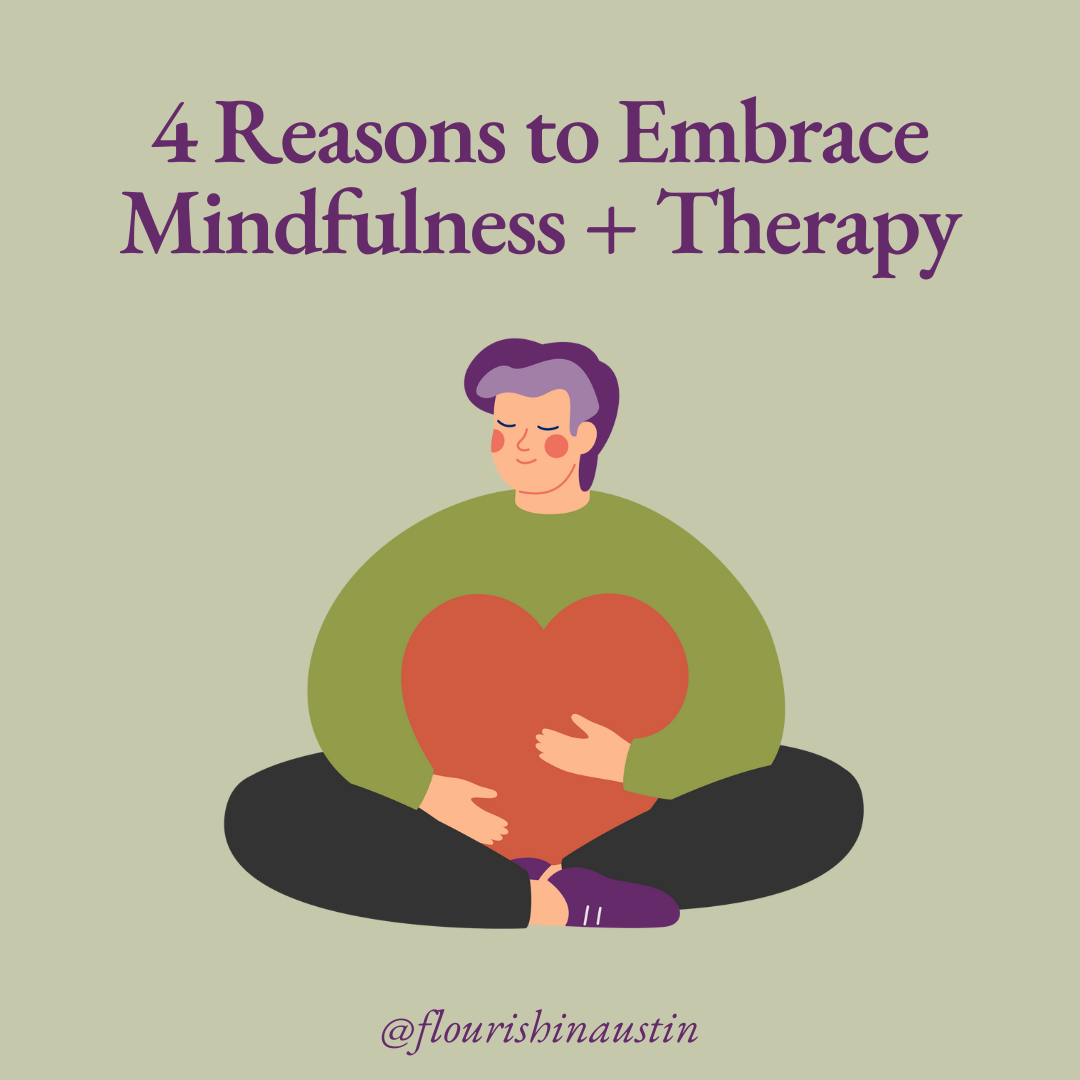Rediscovering Play
As we grow up, play is often dismissed as childish or unproductive. Society encourages us to "be responsible," prioritizing work, family, and to-do lists over spontaneity and joy.
But play is not just for kids!
Our nervous systems are wired and desire to engage with others in activities that fill us with excitement and joy and we do not age out of this desire.
Simply put, play isn’t just fun—it’s a biological necessity.
Boost Cognitive Health Through Vagus Nerve Stimulation
Managing one’s autonomic nervous system responses can help maintain mental clarity and overall cognitive well-being.
Addressing the root cause of this dysregulation—whether it’s workplace stress or deeper emotional wounds—is essential for long-term mental wellness. Effective approaches may include trauma-focused therapy, exploring attachment styles, and identifying personal triggers.
Therapy is great but can take time to ‘do the work.’ But the good news is there are some nervous system ‘hacks’ that can help your body holistically manage stress.
Judgment is constant, but mindfulness can help
There is a ripple effect of judgment that goes beyond just the person being judged. The judgments shape our entire social environment, can damage relationships by creating distance or making others feel inadequate, can limit our growth and perspective by keeping us stuck in rigid thinking, and prevent us from learning and evolving.
How the ‘Shoulds’ Make You Feel Like S%#t … and How Mindfulness Can Help
Mindful awareness combined with attachment theory helps us to look at ‘shoulds’ through a different lens. The first layer we see of a ‘should’ is that it is a judgment; we are labeling something that happened in the past as wrong, negative, or intolerable. The second layer is related to judgment, being defensive and protective. Mindfulness can help soften the ‘shoulds.’ Bring awareness to what you are feeling and thinking. Bring in curiosity to what you may be avoiding. Notice judgment, put it aside and get curious about what else is going on.
Four reasons to embrace mindfulness and therapy
If you are looking for a new therapist and are curious if combining mindfulness and therapy is a good fit for you, consider the four reasons below on how mindfulness could help you get to where you want to go.
Feels Are Real… Thoughts? Not So Much.
Most people try to intellectually analyze the thoughts hoping to ‘solve’ the circulating thoughts so they will stop. But how would we know if our analysis with a solution is right or wrong if we don’t even know if the thought is accurate to begin with? By putting space between our thoughts and reality, becoming aware of what we are feeling and how the emotion is influencing our thought patterns, we can decrease the discomfort from intrusive thought patterns.






